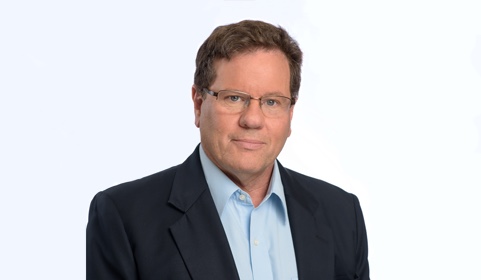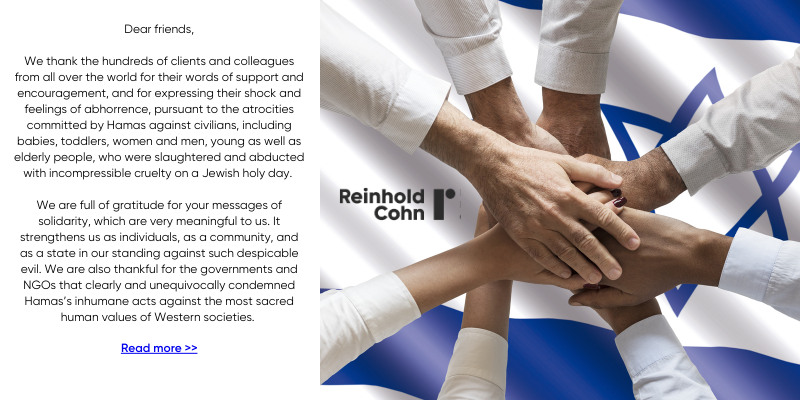Should First Filing be a US Provisional? or: Strong Case in Favor of First Filing in Israel

The America Invents Act has introduced significant changes to the US patent law, among them the First Inventor to File provisions that will come into effect on 16 March 2013. As of that date the novelty provisions in the US will be aligned, by and large, with those of the rest of the world. This would mean, among others, that in distinction from the current law, as of March 16 a priority established by a non-US filing date will have the same effect in the US as that established by a US filing date. In other words there will be no substantive advantage any more in an early US filing date; and hence there will be no substantive reasons for using the US provisional route for first filing. The Israeli Patent Office (ILPO) provides the option of an early examination, to be carried out within the one year priority year, for first, priority-establishing, Israeli applications. This fact coupled with the law changes in the US make a strong case for filing a first, priority-establishing, application in Israel. Favorable examination results of such an Israeli application may also serve as a basis for prioritized examination under the PPH agreements the Israeli Patent Office has with the USPTO, the Japanese Patent Office and some others. The fact that patent applications in Israel are filed in the English language may make the filing of first, priority-establishing applications in Israel also attractive for non-Israeli applicants.
The existing novelty provisions under Section 102 of the US Patent Law1, and particularly in subsections (b), (e) and (g) 2, provide some advantages for early filing in the US. Accordingly, there were hitherto substantive advantages for filing patent applications in the USA as early as possible; and indeed, up to now, the dominant practice among Israeli innovators was to file the first, priority-establishing, application as a US Provisional application3.
The America Invents Act (“AIA“) introduced significant changes to the US Patent Law and of particular importance are the “First Inventor to File” provisions4, which will come into effect on 16 March 2013. Following these changes the novelty provisions of the US patent law will be significantly revised and will be brought, by-and-large, into alignment with those of the rest of the world5. With the entry into force of these provisions, the advantages for early filing in the US will be eliminated; as from that date, the effect of a priority established anywhere in the world will be identical under the amended US patent law to that established by filing in the US. This means, among others, that the prior art effect of a publication will be the same regardless of whether the first, priority-establishing filing is in the US or elsewhere. Also, a limited grace period will still be provided for an inventor’s publication that occurred up to 1 year prior to the priority date, be it one established by a US filing or by filing in any other country.
In recent years the ILPO has dramatically improved its examination standards and in recognition of this fact it became an International Search and Examining Authority for PCT Applications. This recognition also led to the Patent Prosecution Highway (PPH) agreements the ILPO has signed with the USPTO (reported in our recent newsletter of September-October 20126), Japanese, Canadian, Finnish and Danish Patent Offices. Thus, having an early examination result with a favorable decision for at least one claim will enable applicant to take full advantage of these PPH programs.
As reported in our Newsletter of July 20117, the ILPO introduced a program pertaining to applications that are first filed in Israel, with the intention to be used as a basis for a priority claim in subsequent applications filed in other jurisdiction. For such applications a petition to accelerate examination may be submitted8 and consequently a full search and examination will commence within a short period of time after filing. Such search and examination is usually less costly than a full search and patentability opinion conducted through other avenues and is, thus, a very cost-effective way for obtaining a good quality, objective patentability review of a patent application9.
Thus, first filing in Israel with petition for accelerated examination, for the purpose of benefiting from an independent search and examination of the application relatively early in the patenting process, is an option that should be seriously considered by both Israeli as well as non-Israeli innovators. Exception may be made to computer-implemented inventions where the patent-eligibility examination under Section 3 of the patent law is more rigorous than in many other jurisdictions and therefore a meaningful patentability opinion may not always be timely received.
Finally, non-Israeli readers of this newsletter should note that patent applications in Israel can be (and are mostly) filed in the English language and there is, thus, no need for translation of an English language text.
1 35 USC 102
2 Existing Section 102(b) provides for a 1-year grace period prior to the earliest US filing date; existing Section 102(e) concerns the prior art effect of a non-published US patent application against a later filed US application; and existing Section 102(g) concerns rights vis-à-vis another party in case of patent interference.
3 A US provisional application provided a considerably more cost-effective option to achieve all these advantages over a regular utility application; and there are also a few other good reasons to prefer the former over the latter. It was wrongly believed by many that the term “provisional” signifies that an incomplete or even a carelessly drafted text may be sufficient to establish a priority date. However this was never the case; rather, in order to fully benefit from the priority established by the provisional application in the US and elsewhere, a complete disclosure of the invention (best achieved by a properly drafted patent application) is necessary.
4 Leahy-Smith America Invents Act, SEC. 3
5 There are other changes as well that will be discussed elsewhere.
6 Entitled “Israeli and US Patent Offices Extend and Expand Mutual PPH Pilot Program: Now applies also to PCT applications examined by both Offices”; see link.
7 Entitled “Israel – USA: Patent Prosecution Highway; New Opportunities for Applicants of Israeli and US Patent Applications”; see link.
8 Such a petition has to be supported by an affidavit that should merely state that it is the good faith intention to use the application as priority basis for counterpart application(s) and requires payment of a fee.
9 For an extra fee the search will be provided in a PCT-like format.
This article is provided for general information only. It is not intended as legal advice or opinion and cannot be relied upon as such. Advice on specific matters may be provided by our group’s attorneys.
